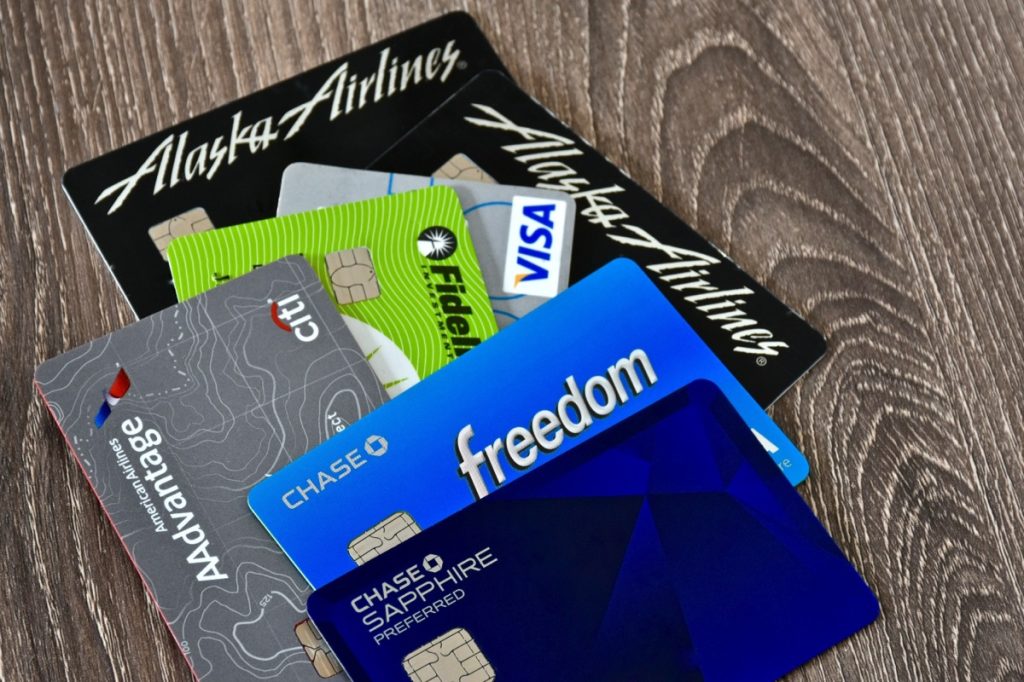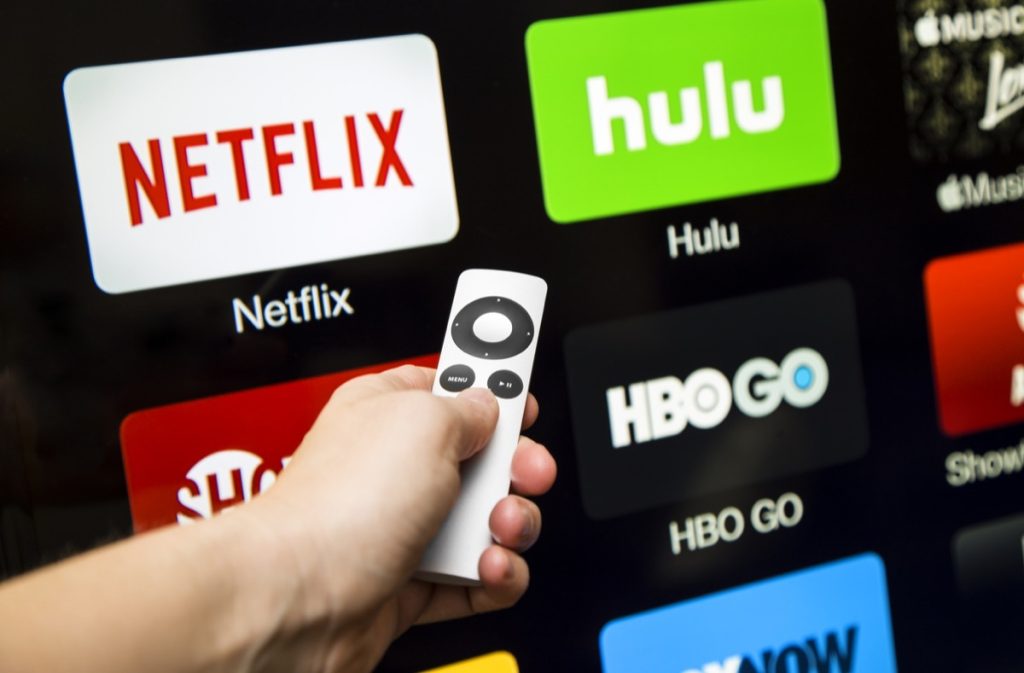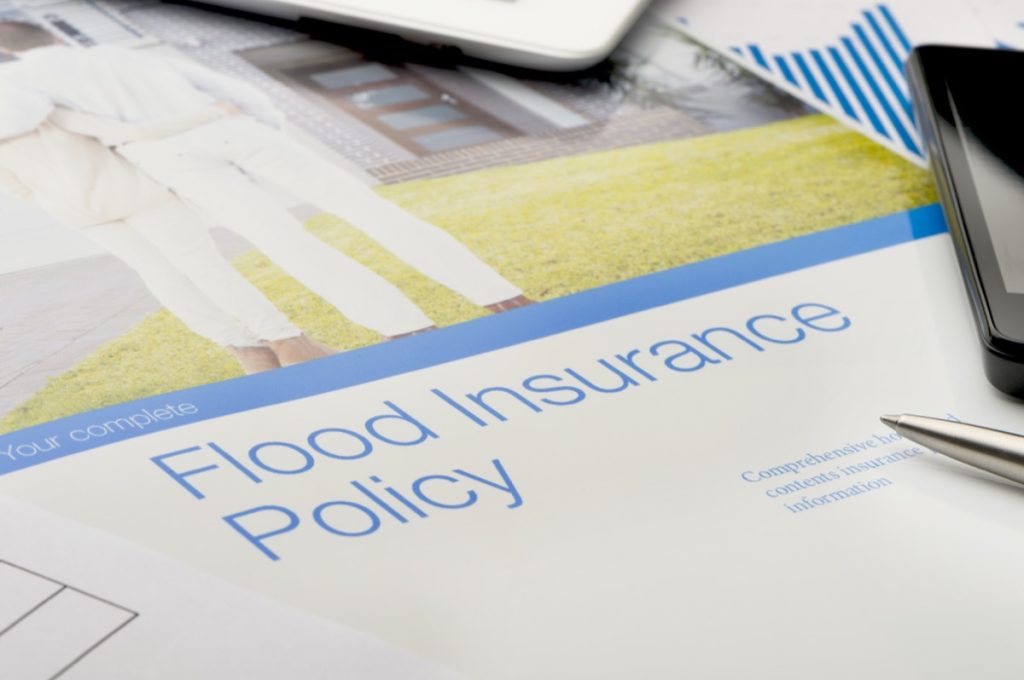Never Use Autopay for These 6 Bills, According to Financial Experts

There’s no denying that autopay is one of the more underappreciated conveniences of the modern era. The migration of paying bills with mailed envelopes to online transactions has made it much less likely that you’ll forget to send along funds—especially now that so many services have switched to subscription formats, like streaming services or grooming products. But before you entirely set it and forget it with your monthly balances, there are a few instances where you may want to authorize the transfer of funds yourself. Read on to hear from experts about why you should never use autopay for specific bills.
READ THIS NEXT: If You’re Over 50, Don’t Leave This Out of Your Will, Expert Says.
1
Rent or mortgage payments

Whether you’re renting or a homeowner, there’s an excellent chance you’re still sending cash out each month for living expenses. But while this may be the one long-term constant for most people, it doesn’t mean you shouldn’t authorize your mortgage or rent payment yourself.
“These are typically the largest expenses in a household budget, and missing a payment can have serious consequences,” Tim Doman, the newly appointed CEO of TopMobileBanks, tells Best Life. “It’s important to have control over these payments and ensure that the funds are available before they are deducted. And while this approach wouldn’t be suitable for everyone, it is something I personally like to have complete control over.”
“If you like to have this part of your budget automated—considering the importance and size of the outgoing—then I recommend checking a few days before payment is due that your balance is healthy enough to guarantee the payment,” he suggests.
2
Any bill that’s not on a credit card

With so many things to pay for each month, it’s not at all uncommon for consumers to consolidate their bills onto a credit card or two to keep things relatively organized. But if you’re opting to directly transfer funds from a bank account each month instead, you might want to think twice before payment on autopilot.
“I’m a big fan of automating bills, especially since many companies offer discounts for auto-payment,” says Robert Farrington, founder of The College Investor. “However, I’m also a big believer that you should only automate a bill if it’s being paid on a credit card. That way, should a problem arise, you have more recourse than if you have direct debit from a bank account.”
READ THIS NEXT: The IRS Just Cautioned Taxpayers Against Doing This.
3
Your credit card itself

Even though credit cards can be a powerful tool for financial organization when used properly, experts warn that anyone who holds one needs to use them as they’re intended. That includes combing through your statement each month before paying off your due balance.
“Whichever credit card you have set up for your automatic payments, don’t automate that card,” suggests Farrington. “You should manually review the card charges and then manually pay the card in full each month.”
There are technically a few reasons why you’ll want to take this extra step. “Credit card companies often change interest rates and fees, so it’s important to review your bill each month to ensure you’re not being charged more than you expected,” says Doman. “Additionally, using autopay for credit card bills can lead to overspending, as individuals may be less likely to keep track of their spending when they know the bill will automatically be paid.”
4
Subscription services

While hefty cable bills may be slowly becoming more of a thing of the past, they’re quickly being replaced by smaller subscriptions to individual companies and platforms. And even though this gives you more control over not paying for content you don’t actually want, the sheer number of options can make staying on top of how much you’re spending a daunting endeavor.
“Subscription services such as streaming platforms or magazine subscriptions can be easy to forget about and can add up quickly,” says Doman.
That’s why it never hurts to do a regular self-audit of what you’re paying for. “Reviewing these bills each month will allow you to cancel any services that you no longer use,” Doman tells Best Life. “And let’s be honest, if you have scrolled through Netflix’s offerings for the 14th time in a single evening without making a selection, it might be time to knock it on the head!”
For more financial advice delivered straight to your inbox, sign up for our daily newsletter.
5
Variable or irregular bills

Outside of rate hikes or slight ups and down in your credit card spending, many monthly bills tend to stay static throughout the year. But the same can’t be said for certain services that fluctuate how much you owe depending on usage, making it hard to stay on top of your finances.
“Bills such as utility bills or cell phone plans that can fluctuate in cost each month should not be put on autopay,” Doman says. “Reviewing these bills each month will allow you to catch any unexpected charges and make adjustments to your budget accordingly.”
6
Insurance premiums

Keeping a keen eye on exactly what you’re paying for is the only way to ensure you’re not spending too much or unexpectedly being overcharged. And when it comes to monthly payments where that’s likely to happen, insurance premiums stick out as a higher risk than most others.
“Insurance companies may make changes to your policy or rates that you may not be aware of,” Doman warns. “Reviewing these bills each month will allow you to catch any discrepancies and make sure you’re getting the best deal.”
Best Life offers the most up-to-date financial information from top experts and the latest news and research, but our content is not meant to be a substitute for professional guidance. When it comes to the money you’re spending, saving, or investing, always consult your financial advisor directly.